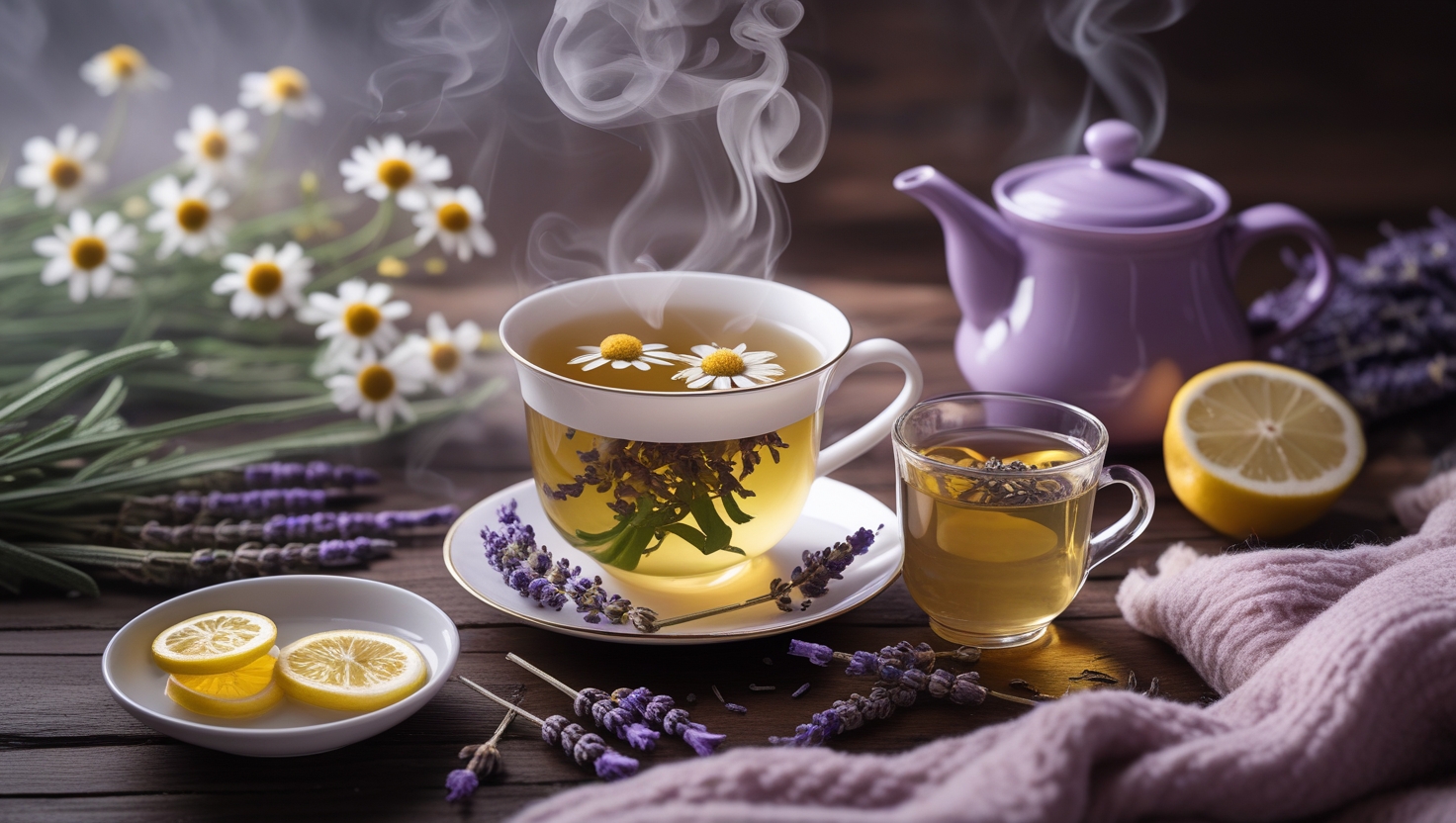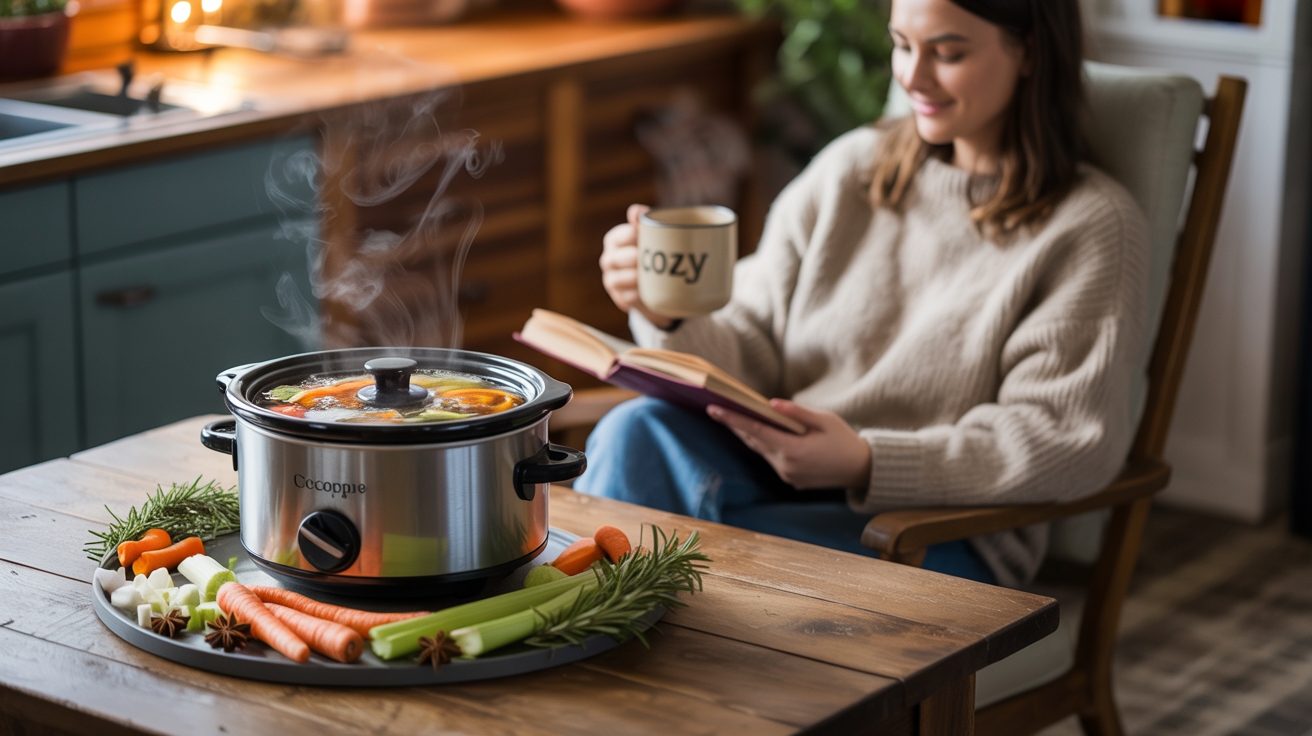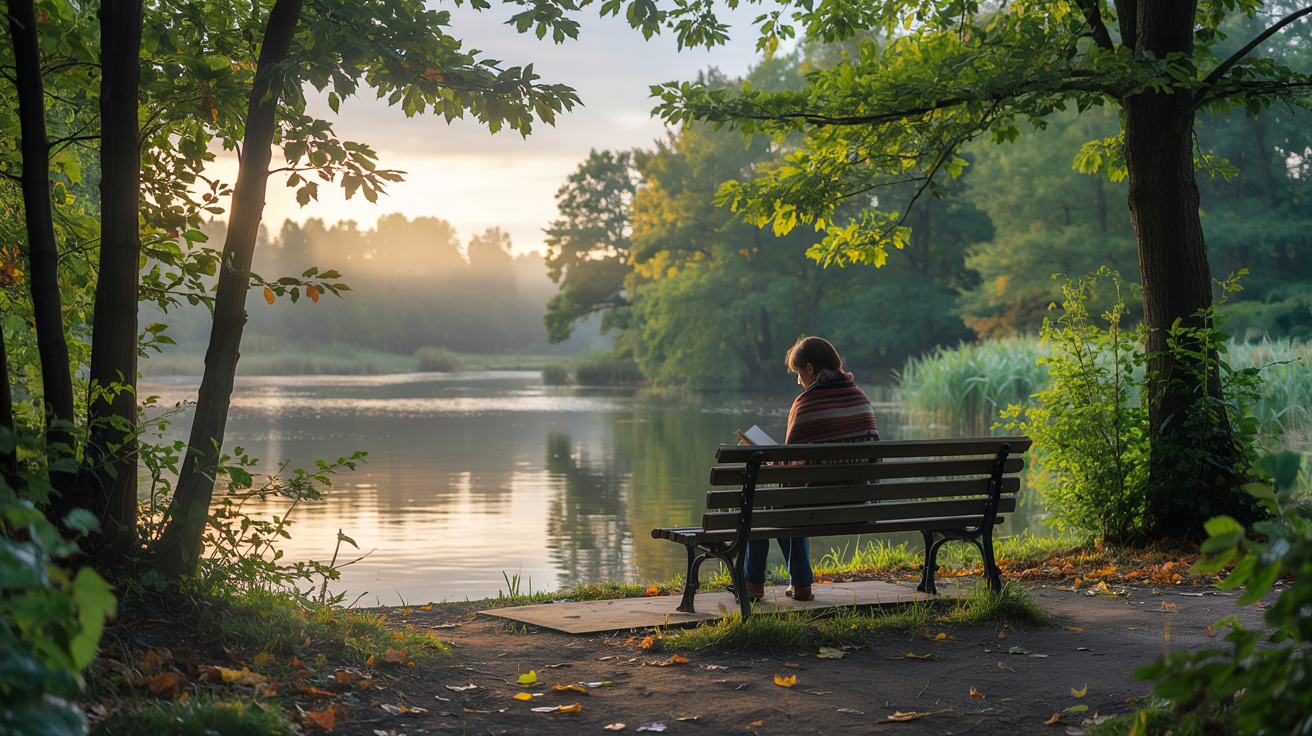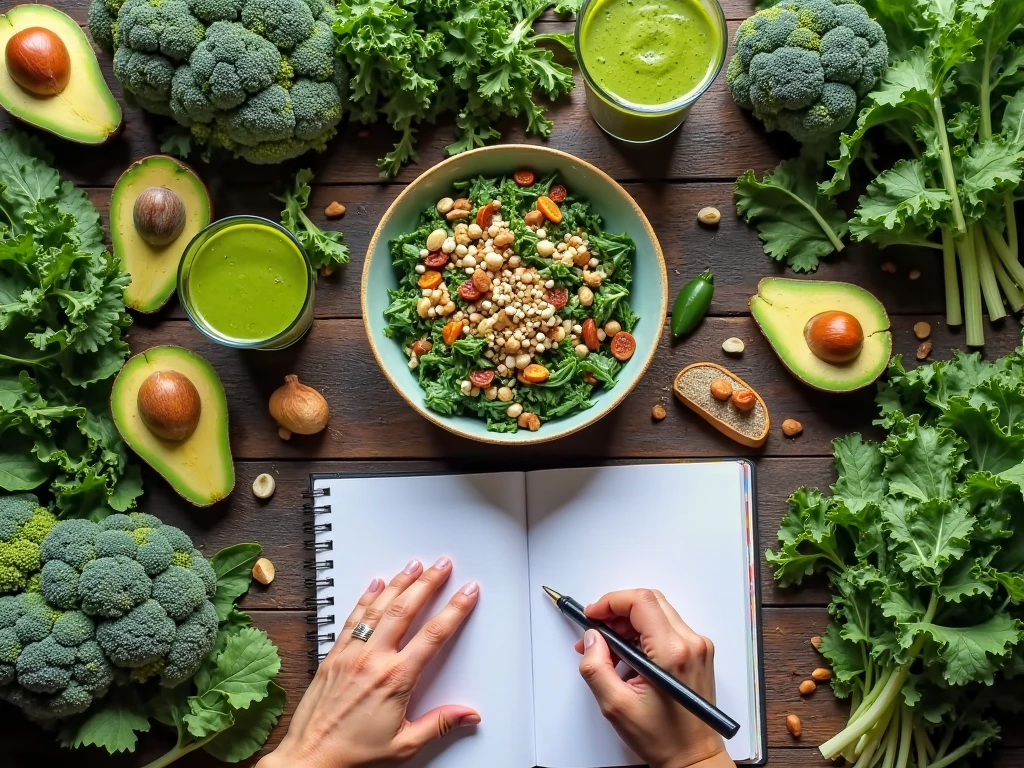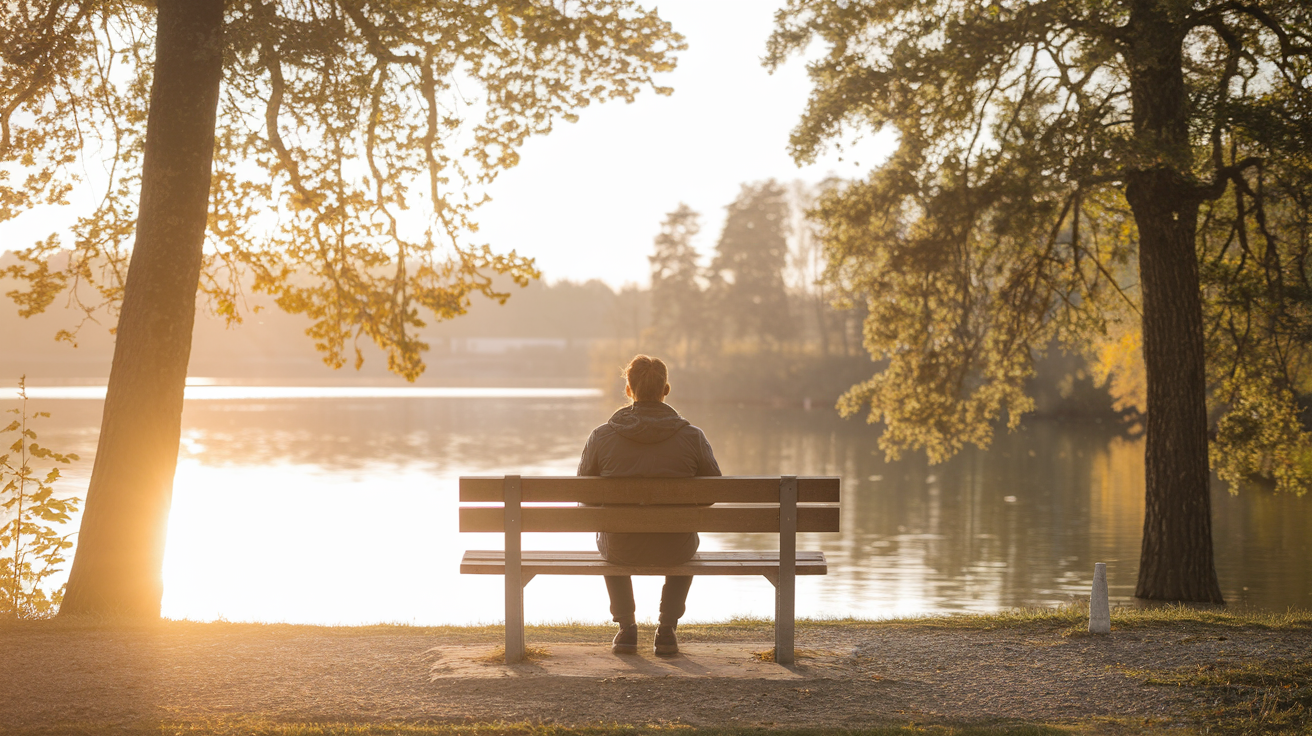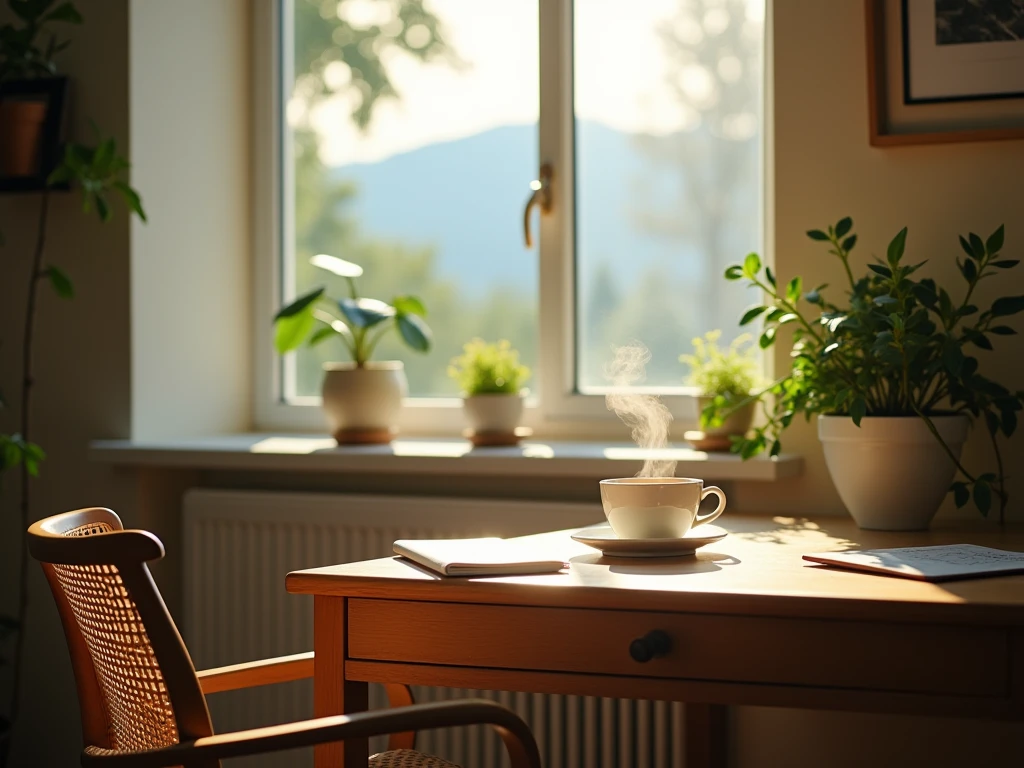In today’s fast-paced world, getting a good night’s sleep can often feel like a luxury. Insomnia, restlessness, and stress are common culprits that disrupt our natural sleep patterns. While there are many remedies available, herbal teas have long been celebrated for their calming properties and ability to promote restful sleep.
Why Choose Herbal Teas for Sleep?
Herbal teas are an excellent natural alternative to over-the-counter sleep aids. They offer several advantages:
- Natural Relaxants: Many herbs contain compounds that relax the body and mind.
- Non-Addictive: Unlike some medications, herbal teas don’t cause dependency.
- Additional Health Benefits: Alongside promoting sleep, they often boost immunity, aid digestion, and reduce stress.
Chamomile Tea
Chamomile is perhaps the most well-known herbal tea for sleep. Its calming effects come from apigenin, an antioxidant that binds to receptors in the brain, reducing anxiety and promoting sleep.
Benefits:
- Reduces stress and anxiety.
- Eases digestive discomfort, often a barrier to restful sleep.
- Soothes inflammation, aiding in overall relaxation.
How to Prepare:
- Boil 1 cup of water.
- Add 1-2 teaspoons of dried chamomile flowers or a chamomile tea bag.
- Steep for 5-7 minutes, then strain and enjoy.
Tip: Add a teaspoon of honey or a slice of lemon for added flavor.
Lavender Tea
Lavender is renowned for its calming aroma, but it’s equally effective as a sleep-inducing tea. The soothing properties of lavender reduce stress and promote relaxation.
Benefits:
- Eases anxiety and depression symptoms.
- Reduces restlessness and improves sleep quality.
- Relaxes muscles, preparing the body for sleep.
How to Prepare:
- Boil 1 cup of water.
- Add 1-2 teaspoons of dried lavender buds.
- Steep for 5-10 minutes, then strain and sip slowly.
Tip: Pair lavender tea with a lavender-scented pillow spray for a holistic sleep experience.
Valerian Root Tea
Valerian root has been used for centuries as a natural remedy for insomnia and nervousness. It increases levels of GABA (gamma-aminobutyric acid) in the brain, which helps calm the nervous system.
Benefits:
- It helps you fall asleep faster and stay asleep longer.
- Reduces the time it takes to relax after a stressful day.
- Eases symptoms of anxiety and restlessness.
How to Prepare:
- Boil 1 cup of water.
- Add 1 teaspoon of dried valerian root.
- Steep for 10-15 minutes, then strain and drink.
Note: Valerian has a strong, earthy flavor; consider adding honey or blending it with other herbs.
Peppermint Tea
While primarily known for its digestive benefits, peppermint tea’s soothing properties can also aid in relaxation and better sleep.
Benefits:
- Relieves digestive discomfort, reducing nighttime restlessness.
- Calms the mind with its refreshing aroma.
- Helps clear nasal passages, promoting easier breathing during sleep.
How to Prepare:
- Boil 1 cup of water.
- Add a handful of fresh peppermint leaves or a peppermint tea bag.
- Steep for 5-7 minutes, then strain and enjoy.
Lemon Balm Tea
Lemon balm, a member of the mint family, has been used for centuries to reduce stress and improve sleep. Its mild citrus flavor makes it a delightful bedtime beverage.
Benefits:
- Reduces stress and anxiety.
- Improves mood and cognitive function.
- Enhances the quality of sleep without causing drowsiness the next day.
How to Prepare:
- Boil 1 cup of water.
- Add 1-2 teaspoons of dried lemon balm leaves.
- Steep for 5-10 minutes, then strain and drink.
Tip: Combine with chamomile for a powerful sleep-inducing blend.
Passionflower Tea
Passionflower is a natural sedative that promotes sleep by increasing GABA levels in the brain. It’s especially beneficial for those who experience stress-induced insomnia.
Benefits:
- Calms racing thoughts.
- Improves overall sleep quality.
- Reduces anxiety and nervousness.
How to Prepare:
- Boil 1 cup of water.
- Add 1 teaspoon of dried passionflower.
- Steep for 10 minutes, then strain and enjoy.
Note: Consult a healthcare provider if you are pregnant or taking sedative medications.
Magnolia Bark Tea
Magnolia bark contains honokiol, a compound that has sedative effects. This tea is a natural remedy for those who struggle with falling asleep.
Benefits:
- Reduces cortisol levels, the stress hormone.
- Promotes a sense of calm.
- Enhances the quality of deep sleep.
How to Prepare:
- Boil 1 cup of water.
- Add 1 teaspoon of dried magnolia bark.
- Steep for 5-10 minutes, then strain and enjoy.
Rooibos Tea
Rooibos, a caffeine-free tea from South Africa, is rich in antioxidants and has a soothing effect on the body.
Benefits:
- Balances cortisol levels.
- Supports cardiovascular health.
- Improves relaxation and reduces restlessness.
How to Prepare:
- Boil 1 cup of water.
- Add 1 teaspoon of rooibos tea leaves.
- Steep for 5-7 minutes, then strain and enjoy.
Holy Basil (Tulsi) Tea
Holy basil, or tulsi, is an adaptogen that helps the body manage stress. Drinking tulsi tea before bedtime can calm the mind and body.
Benefits:
- Reduces stress and cortisol levels.
- Improves mental clarity and focus.
- Promotes relaxation without causing drowsiness.
How to Prepare:
- Boil 1 cup of water.
- Add 1 teaspoon of dried tulsi leaves.
- Steep for 5-7 minutes, then strain and enjoy.
Ashwagandha Tea
Ashwagandha is another powerful adaptogen known for its stress-relieving properties. It supports the nervous system and improves sleep quality.
Benefits:
- Reduces stress and anxiety.
- Enhances deep sleep cycles.
- Supports overall hormonal balance.
How to Prepare:
- Boil 1 cup of water.
- Add 1 teaspoon of ashwagandha root powder or tea leaves.
- Steep for 10 minutes, then strain and drink.
Tips for Enjoying Herbal Teas for Sleep
- Create a Bedtime Ritual: Incorporate your tea into a relaxing evening routine to signal your body that it’s time to wind down.
- Use High-Quality Ingredients: Choose organic, high-quality herbs for the best flavor and health benefits.
- Avoid Caffeine: Ensure the tea is caffeine-free to prevent disruptions to your sleep cycle.
- Experiment with Blends: Combine different herbs to find a flavor and effect that suits you best.
- Limit Sugar: Use natural sweeteners like honey sparingly to avoid blood sugar spikes.
Sip Your Way to Better Sleep
Herbal teas offer a simple, natural, and enjoyable way to promote better sleep. From the calming effects of chamomile to the sedative properties of valerian root, there’s an option for everyone. By incorporating these teas into your nightly routine, you can create a calming ritual that prepares your body and mind for restful slumber.
Start exploring these herbal teas today, and discover the soothing benefits of nature in every cup!
This is a block of text. Double-click this text to edit it.
